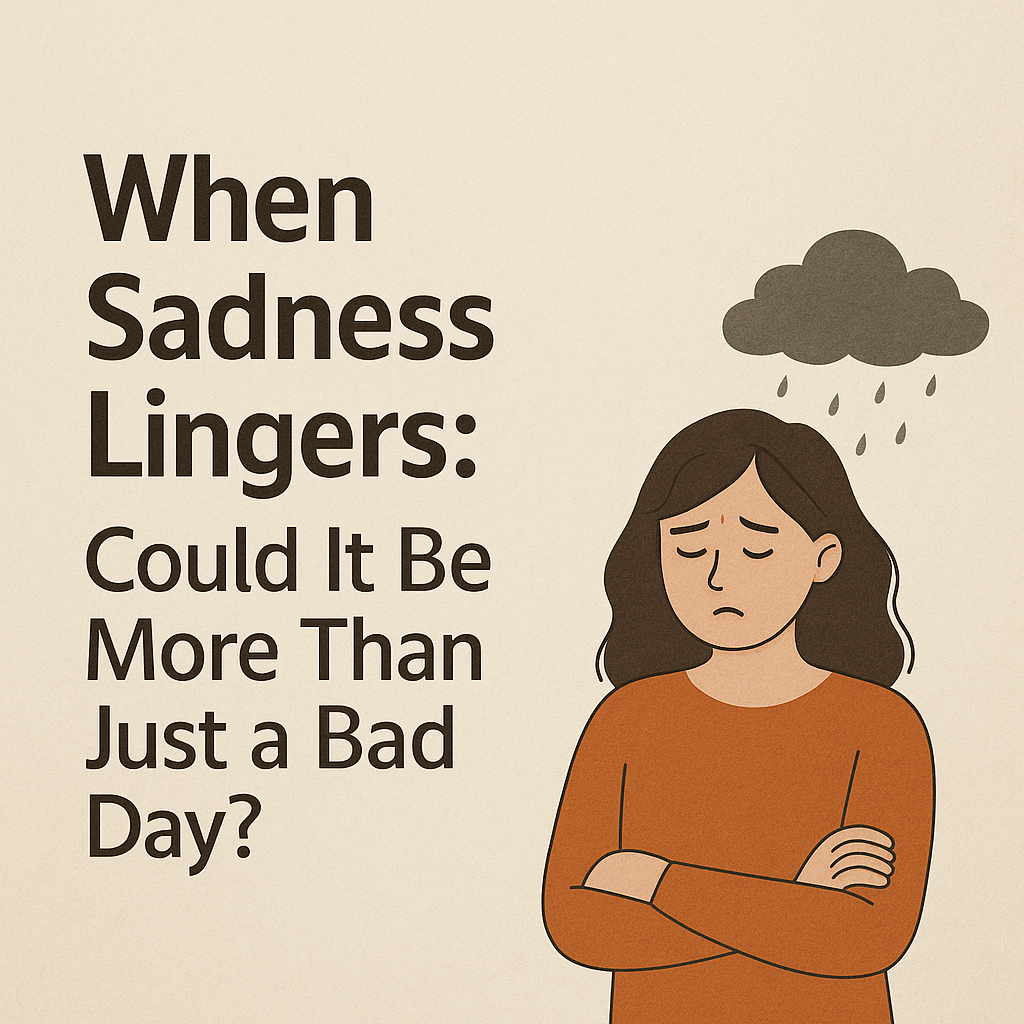Sell Your Products and Services on the YuSocial Marketplace — Get Started in Minutes!
The YuSocial Marketplace is a fast-growing community-driven platform where buyers discover trusted vendors, products, services, and digital offers with ease.
---
Why Sell on YuSocial?
Reach a highly engaged audience looking for what you offer
Enjoy free product listings — no upfront costs
Benefit from secure, escrow-protected transactions
Get more visibility through your business page, group, and posts
Earn YuCoins and tips when customers engage with your content
Access promotions, Spotlight features, and advertising discounts
---
How to Get Started:
1. Download the YuSocial app on PlayStore and Sign Up
https://bit.ly/getyusocial
OR use your browser
https://app.yusocial.com
2. Set Up Your YuSocial Business Page
• Click on the Pages menu
• Select Create a Page
• Fill in the fields appropriately
3. Add Your Products or Services
• Click on the Market menu and click on the Create Product button
• Upload product images, banners, or cover graphics
• Add title, price, and description
• Indicate delivery or download instructions
4. Promote Your Listings
• Share your product/service links across social media
• Invite followers and encourage reviews
• Join ongoing campaigns and contests for more reach
---
What Can You Sell on the Marketplace?
YuSocial supports a wide range of offerings:
Physical Products:
• Fashion (clothes, shoes, bags)
• Beauty & skincare items
• Phones, gadgets, and accessories
• Home & kitchen appliances
• Food (packaged or fresh)
• Books and learning materials
• Handmade or custom items
- Real Estate etc
Productized Services:
• Web design and development packages
• Logo design and branding kits
• Social media management bundles
• SEO, ads, and digital marketing packages
• Photography and video editing services
• Event planning, makeup, and decoration
• Online coaching, tutorials, or consulting
Digital Products:
• eBooks and workbooks
• Online courses and training videos
• Canva templates, presets, and planners
• Design files, mockups, and digital art
• Audio files, music loops, or stock resources
If it can be delivered physically, rendered as a service, or downloaded digitally, you can sell it on YuSocial.
---
Need Help?
We can help you set up your YuSocial Business Page and upload your products or services for a token.
Send us a message via our YuSellers Hub page
https://yusocial.com/page/yusellershub
Let’s grow your business together — one sale at a time!
Sell Your Products and Services on the YuSocial Marketplace — Get Started in Minutes!
The YuSocial Marketplace is a fast-growing community-driven platform where buyers discover trusted vendors, products, services, and digital offers with ease.
---
Why Sell on YuSocial?
✅ Reach a highly engaged audience looking for what you offer
✅ Enjoy free product listings — no upfront costs
✅ Benefit from secure, escrow-protected transactions
✅ Get more visibility through your business page, group, and posts
✅ Earn YuCoins and tips when customers engage with your content
✅ Access promotions, Spotlight features, and advertising discounts
---
How to Get Started:
1. Download the YuSocial app on PlayStore and Sign Up
👉 https://bit.ly/getyusocial
OR use your browser 👉 https://app.yusocial.com
2. Set Up Your YuSocial Business Page
• Click on the Pages menu
• Select Create a Page
• Fill in the fields appropriately
3. Add Your Products or Services
• Click on the Market menu and click on the Create Product button
• Upload product images, banners, or cover graphics
• Add title, price, and description
• Indicate delivery or download instructions
4. Promote Your Listings
• Share your product/service links across social media
• Invite followers and encourage reviews
• Join ongoing campaigns and contests for more reach
---
What Can You Sell on the Marketplace?
YuSocial supports a wide range of offerings:
Physical Products:
• Fashion (clothes, shoes, bags)
• Beauty & skincare items
• Phones, gadgets, and accessories
• Home & kitchen appliances
• Food (packaged or fresh)
• Books and learning materials
• Handmade or custom items
- Real Estate etc
Productized Services:
• Web design and development packages
• Logo design and branding kits
• Social media management bundles
• SEO, ads, and digital marketing packages
• Photography and video editing services
• Event planning, makeup, and decoration
• Online coaching, tutorials, or consulting
Digital Products:
• eBooks and workbooks
• Online courses and training videos
• Canva templates, presets, and planners
• Design files, mockups, and digital art
• Audio files, music loops, or stock resources
If it can be delivered physically, rendered as a service, or downloaded digitally, you can sell it on YuSocial.
---
Need Help?
We can help you set up your YuSocial Business Page and upload your products or services for a token.
Send us a message via our YuSellers Hub page 👉 https://yusocial.com/page/yusellershub
Let’s grow your business together — one sale at a time!












